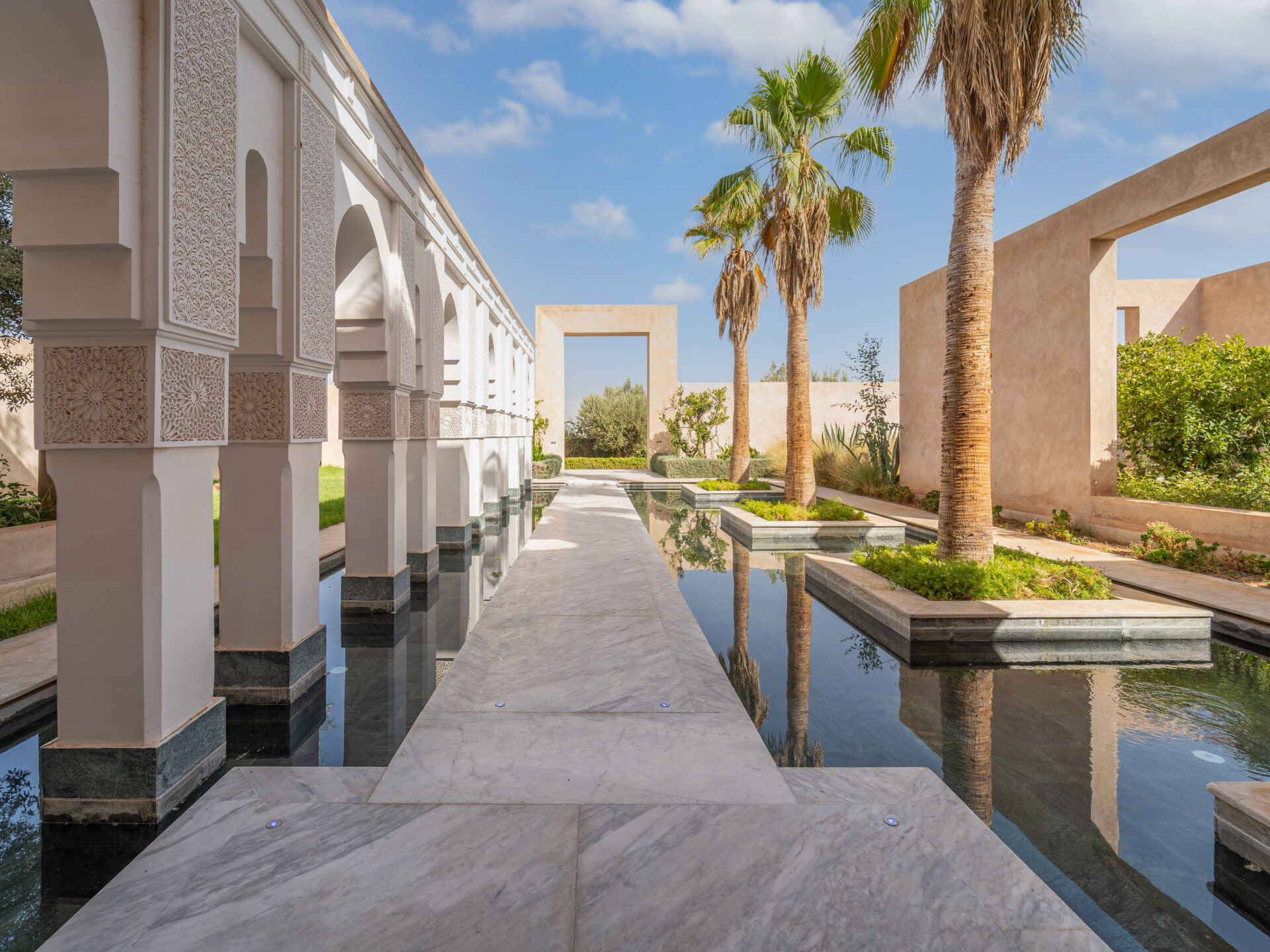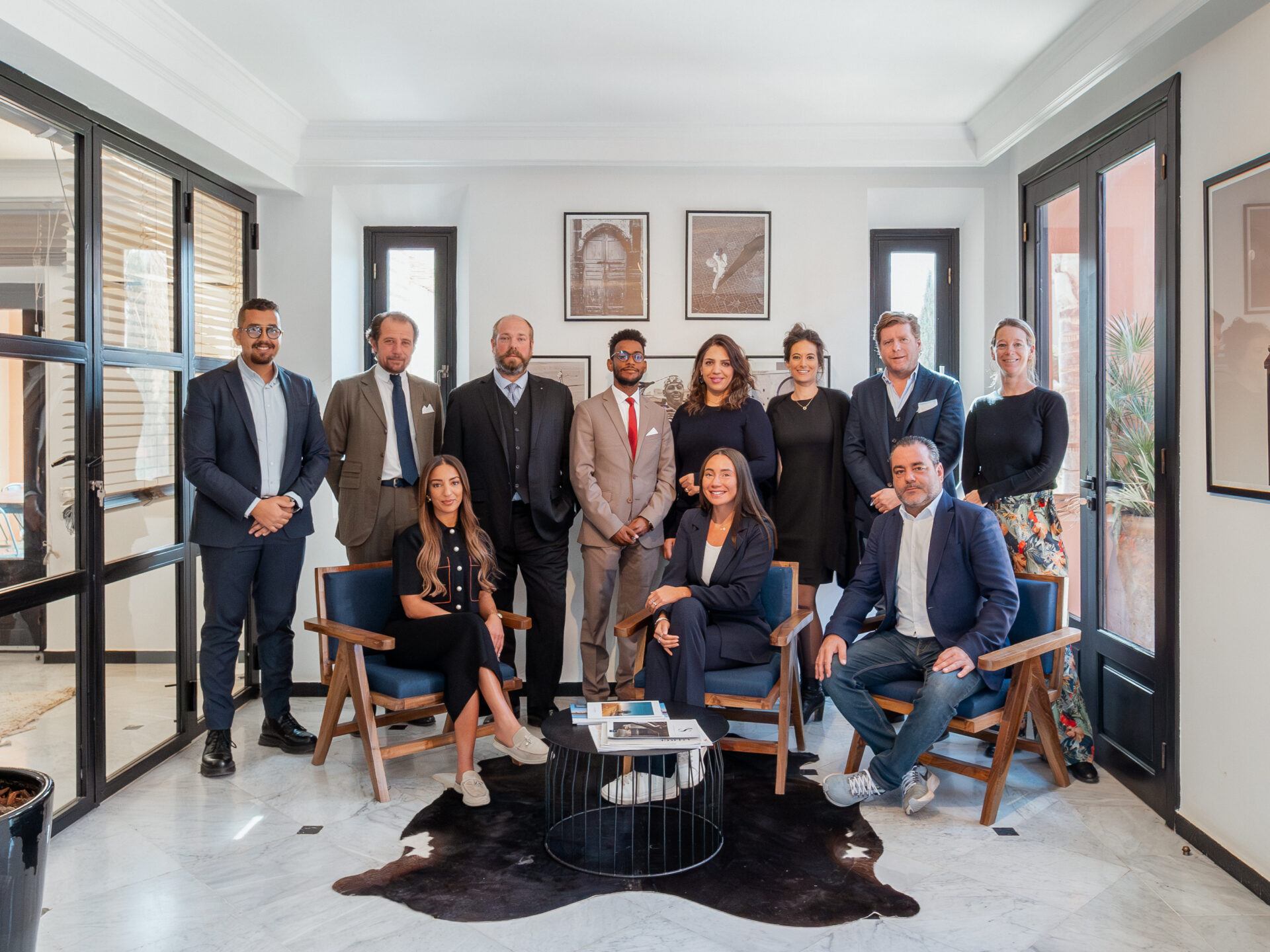For several years now, Morocco has put in place measures to facilitate and secure real estate investment by foreigners, without the need for them to reside in Morocco. In order to take advantage of these incentives and facilitation measures, it is however advisable to be well accompanied in the acquisition process.
Three taxes are payable by the seller at the time of the transfer of the property. It is important to check the terms and conditions of these taxes as they can change each year.
IRPI (Impôt sur le Revenu relatif aux Profits Fonciers): applies to all types of property and relates to the capital gain on the property and not the sale value of the property. The rate may be different depending on the type of property or whether the criteria for applying the allowance are possible. With the exception of bare land, the IRPI is 20% of the adjusted capital gain or 3% of the sale price. The higher amount applies.
The restatement concerns the deduction from the capital gain on the transaction of the costs and expenses incurred by the seller. Here are the elements which intervene in its ass:
A 15% lump sum on the purchase price corresponding to the costs and expenses of acquiring the property. If the share of these costs was higher than this rate, a revision is possible on the basis of precise supporting documents. If these costs were less than 15%, the allowance is 15% by default.
Credit interest (if contracted with a Moroccan bank).
Maintenance and repair costs on presentation of invoices.
Indexation of the purchase price to the national cost of living index.
What are the exemptions?
Minimum value of transfers over a year = 140,000 DH. If < or = this amount, IRPI does not apply.
If the property has been a principal residence for more than 6 years. However, if the value of the transfer is higher than DH 4,000,000, IRPI applies to the portion > or = this amount.
If the property has been used as a principal residence for less than 6 years with reinvestment of the transaction amount within 6 months of the sale in another property, also as a principal residence.
If the property has been a principal residence for less than 4 years, sold as social housing.
If the transfer of the property is made free of charge to a family member (spouse, descendant, ascendant).
If the property is undeveloped land, located in an urban area and sold for the first time, the applicable IRPI is 30%.
Council tax: this applies to occupied property (principal residence, secondary residence, occupied by a family member, etc.) The value of the council tax is based on the estimated rental value. The latter is established by the census commission and re-evaluated by +2% every 5 years. An exemption of -75% may apply in the following cases:
If it is a MRE (Moroccan Resident Abroad) who uses the property as his main residence;
If it is a new construction (or extension) used for 5 years since the building permit was obtained;
If it is a principal residence or a property rented free of charge to a family member;
A total exemption applies if it is economic (social) housing, for the duration of the loan and for 15 years after the end of the loan. The housing tax is fixed by bracket, based on the monthly rental value of the property:
- Between 0 and 5,000 Dhs = 0%.
- Between Dhs 5,001 and Dhs 20,000 = 10%.
- Between 20 001 Dhs and 40 000 Dhs = 20%.
- More than 40 000 Dhs = 30%.
The municipal service tax :
- 6.50% for properties in peripheral areas.
- 10.50% of the rental value for properties in urban areas.



